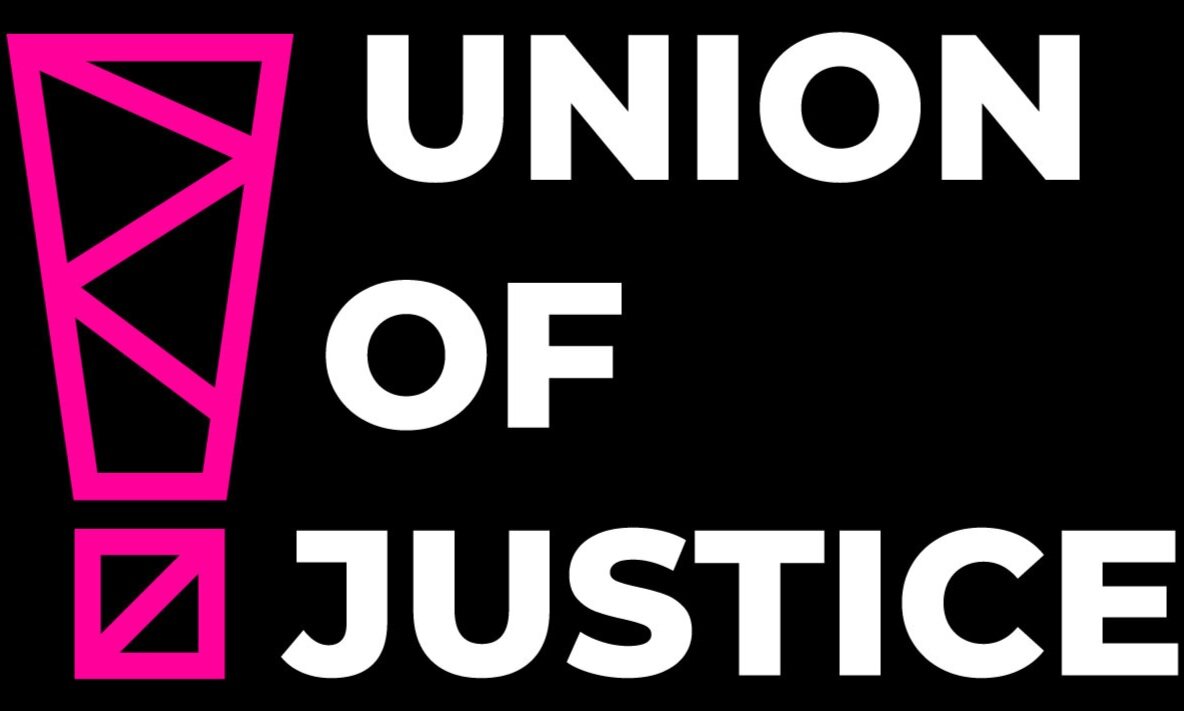WHAT’S RACE GOT TO DO WITH IT? Climate Injustice In Europe Uncovered
📢 INTRODUCTION 🌍
This groundbreaking research project, the result of extensive efforts, illuminates the profound disparities faced by communities of colour in Western Europe amidst the climate crisis. Titled "What’s Race Got To Do With It? Climate Injustice in Europe Uncovered", this comprehensive study, for the first time ever, offers a sobering glimpse into the intersection of the climate crisis and racial inequality with peer-reviewed academic research.
This research project assesses the intersection of climate policy, social policy, and race through the use of a public survey alongside a series of expert roundtable discussions with racialised activists and policy experts from across 10 Western European countries with large racialised populations, forming our area of concern: Austria, Belgium, France, Germany, Republic of Ireland, Italy, the Netherlands, Portugal, Spain, and the United Kingdom. The survey received 3,510 initial respondents in total across all 10 countries.
📊KEY FINDINGS🔥
1) Systemic Inequities
Historical and contemporary injustices have left communities of colour disproportionately vulnerable to the adverse effects of climate change, perpetuated by policies that fail to address their unique needs and challenges.
2) Exclusion and Stigmatisation
The report debunks the myth that racialised communities don't care about the climate. Survey results show that these communities are interested, engaged, and want to be involved in addressing climate change. However, they lack access to adequate information and representation within their states and environmental organisations. This is despite just under 80% of those surveyed stating that climate change was an important national issue for them and their communities.
3) Policy Failures
Despite the proliferation of climate policies, including the European Green Deal, existing measures have fallen short in addressing the specific concerns of people of colour, exacerbating rather than alleviating their plight.
🌿KEY RECOMMENDATIONS
- The EU must establish an office of Climate Justice Accountability, which will identify and eliminate barriers to inclusion, investigate dubious practices, and require all environmental legislation or regulation introduced by the European Union to receive an equity score created by climate experts and racialised community organisers.
- Every National government must include voluntary ethnicity monitoring in the census and other population-mapping exercises to better understand the distribution of racialised communities and enable more informed national discussions on the impact of environmental harms on these populations.
- The climate movement must seek to develop networks of mutual solidarity with other movements, campaigns and civil society organisations in their countries and across Europe that tackle issues relating to racism, migrants’ rights and climate justice - particularly those self-organised by racialised groups.
For detailed insights and a comprehensive list of recommendations for the EU, National governments and climate movements, please read the full report above.


